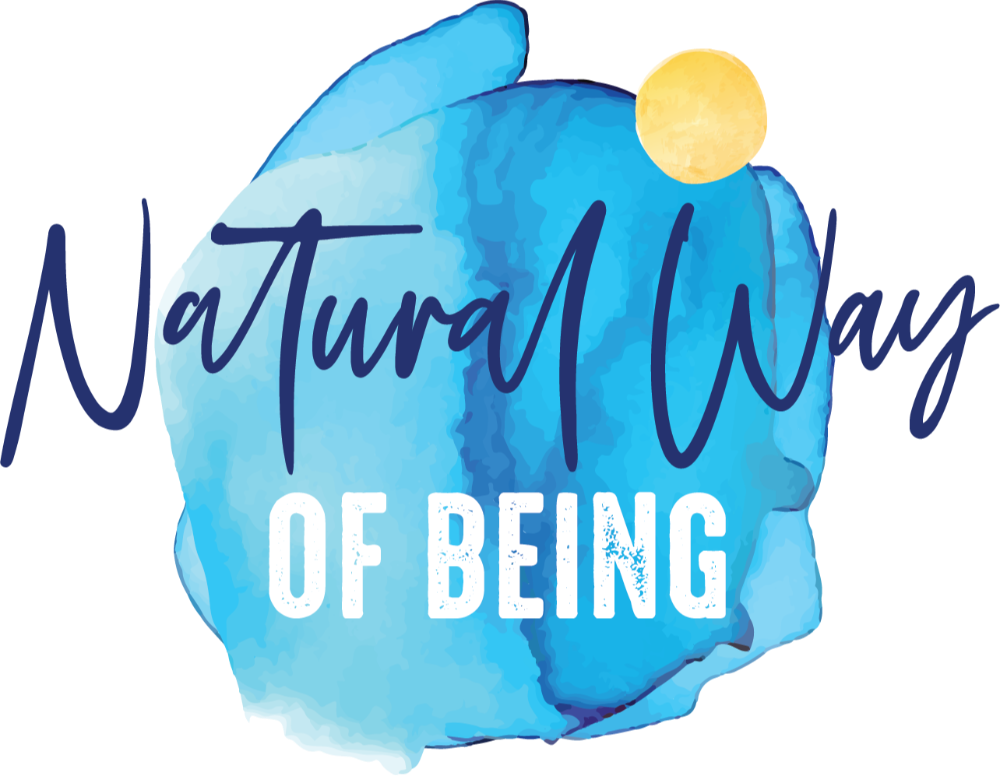Truth of the Moment
May 08, 2023Video Summary:
We've been trained and educated to prepare, study for tests, and know the right answer. The rather large assumption of this right-answer approach is that there is an objectively right answer for everything. For some things such as math, grammar, or some sciences, there clearly is an objectively correct answer.
However, for some more relational situations, it may be more of a relative answer. It's more like it's the right thing to do or say at this specific moment with this specific person. And that’s a different type of intelligence.
It's more of an intuitive, relational intelligence. I suggest that some of the most important situations and decisions in our lives are better addressed from this perspective. It informs what to do in specific situations such as who we marry, whether we have another child, or what career we choose.
It also includes more practical, day-to-day things such as when your child asks you a “why” question about life. Rather than giving them the objectively right answer, you could answer them with the truth that they need at that moment in their development. Because our truth changes as we grow.
Our truth refines itself, deepens, and changes as we mature and as our consciousness expands. Have you ever noticed when you expand to a new level of consciousness, the way you see life changes? You now have different truths.
We all have this capacity for this intuition and discernment. It happens when we allow in the energy of the situation- say when our child or client asks us a question. When the energy of the situation meets your spirit and intuition, your call for action ignites and you intuitively know what to say and do in that moment.
It may not even make sense intellectually, but it just feels right. And this is a gift that we all have. We may experience our intuition differently as clear hearing, clear seeing, clear knowing, or clear feeling, but they all access this relational truth of the moment.
So however you access your truth of the moment, you can learn to trust it and rely upon it. Sometimes we have to let go of relying on our intellect and searching for the right answer in order to access the relational truth of the moment.
If you think about it, the objectively right answer is more static. It's more theoretical, separate, and cut off from the current situation. Two plus two is four no matter where you are. Don’t get me wrong, this objective information is great and has a lot of value for many different things.
But when we bring this objective intelligence into a situation where we ought to be using relational intelligence, we doing ourselves and the people around us a disservice. So it's learning to trust our resourcefulness. Having a plan is great, but sometimes it's letting go of the plan and trusting what comes to you at the moment.
When we did our last retreat, I had these amazing outlines of the activities we were going to do. And then this winter storm came in with cold temperatures, rain, and snow. And it was supposed to be the spring equinox. It forced me to be resourceful. I asked myself, “So this is our situation, so what do we do now?”
I changed the order of things. Some things we did, others we did not, and some things I added. But I had this intuitive guidance, I could feel it. I could sense, “OK, this is what we need to be doing right now. It's not what I planned to do on Saturday morning at 10 o'clock, but it's clearly what we need to be doing.
And that's what this resourcefulness is like. If we're willing to listen, that resourcefulness, call for action, and knowing what to do will be right there. We just need to find it, trust it, and have the courage to act on it.


